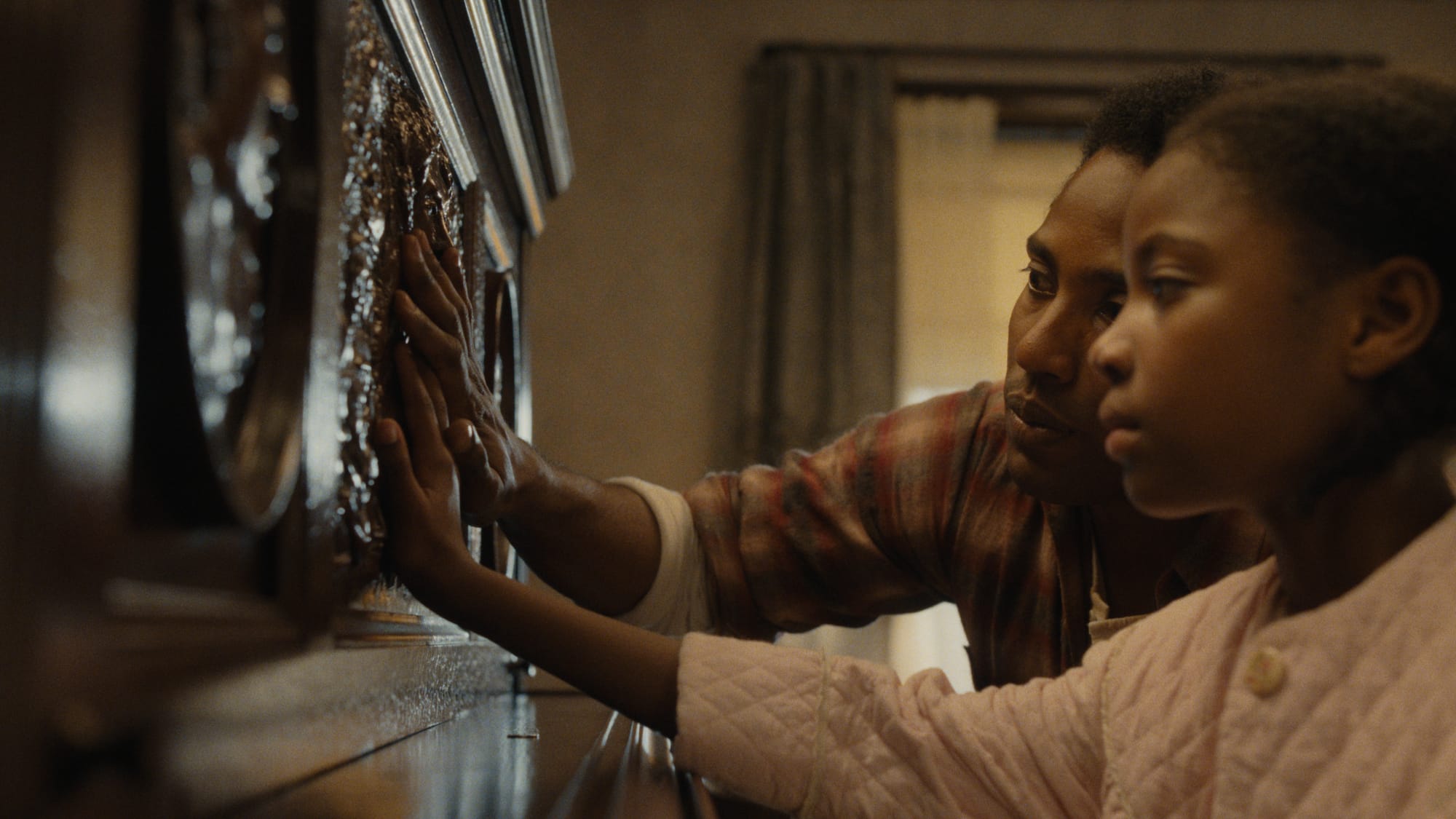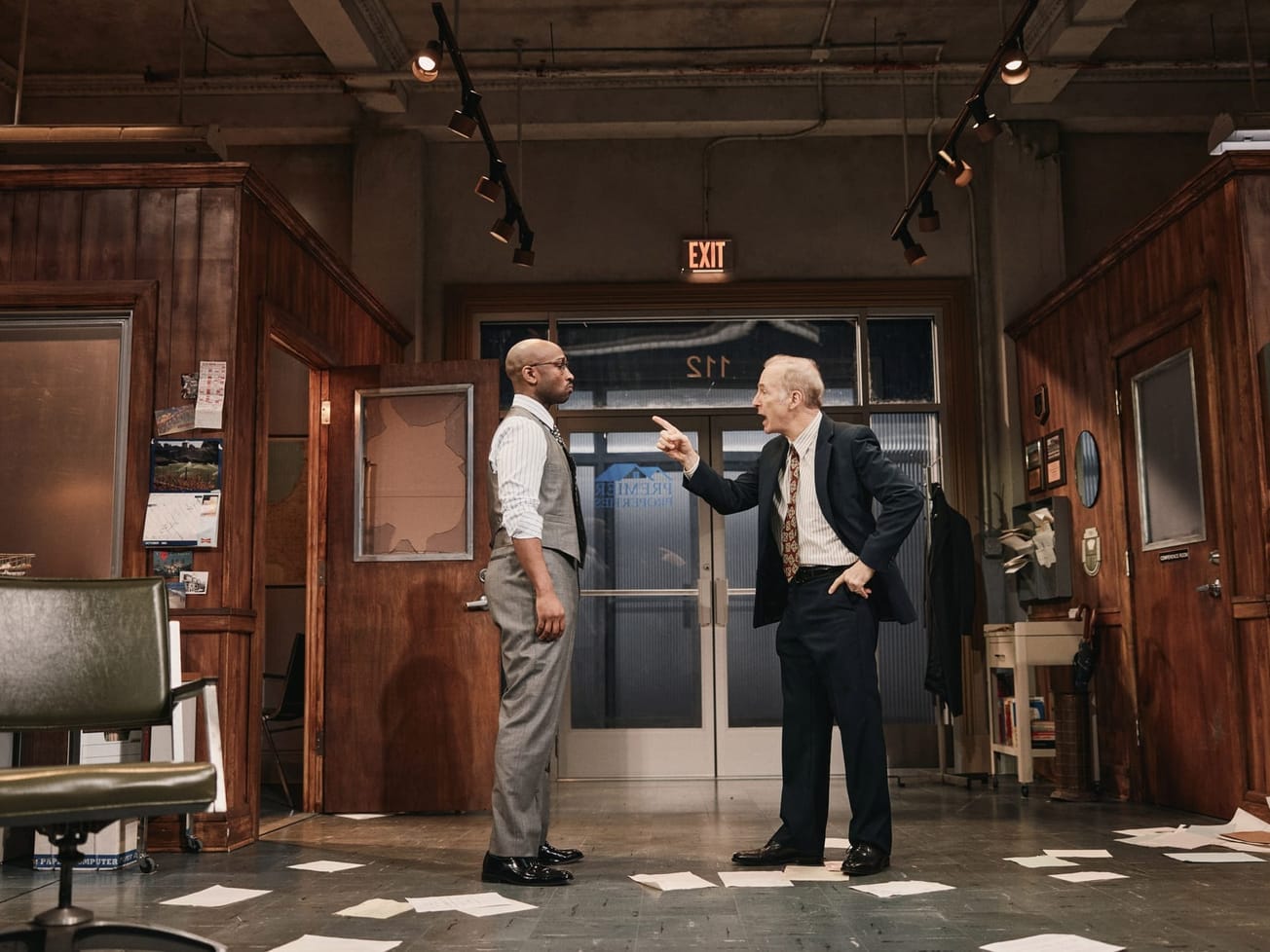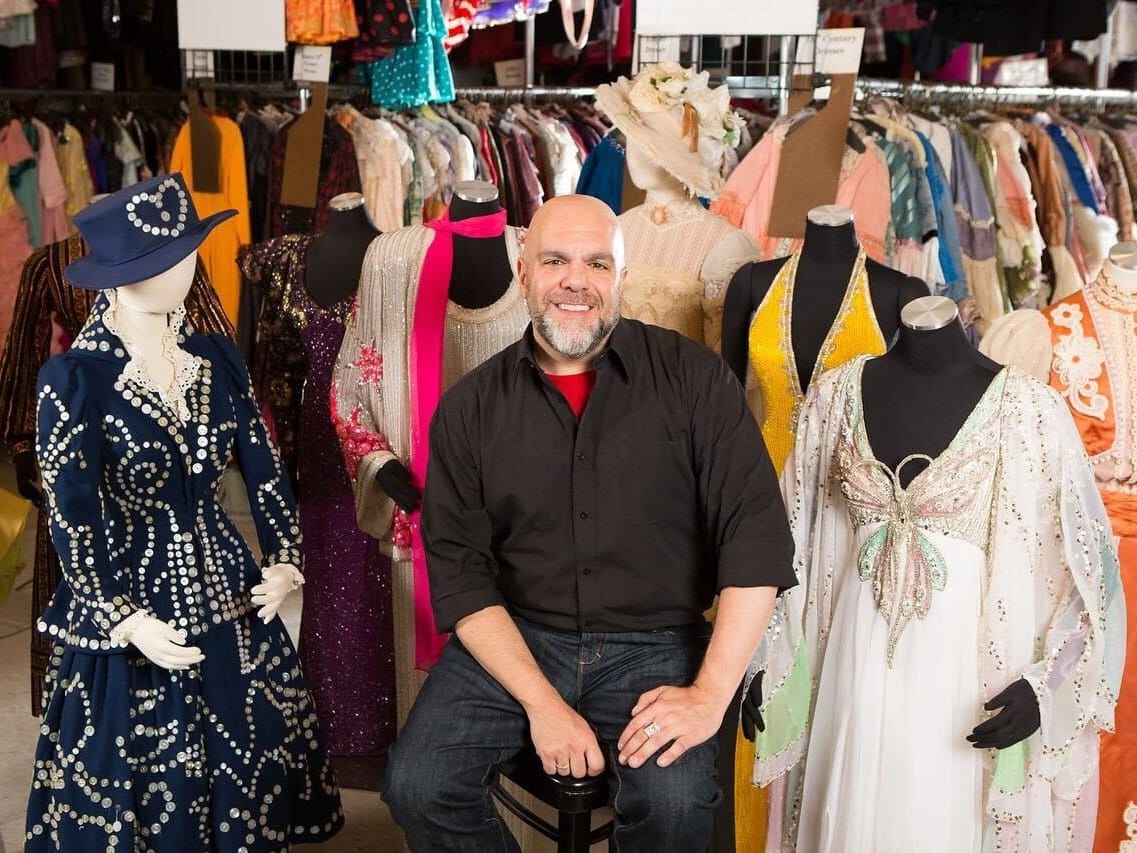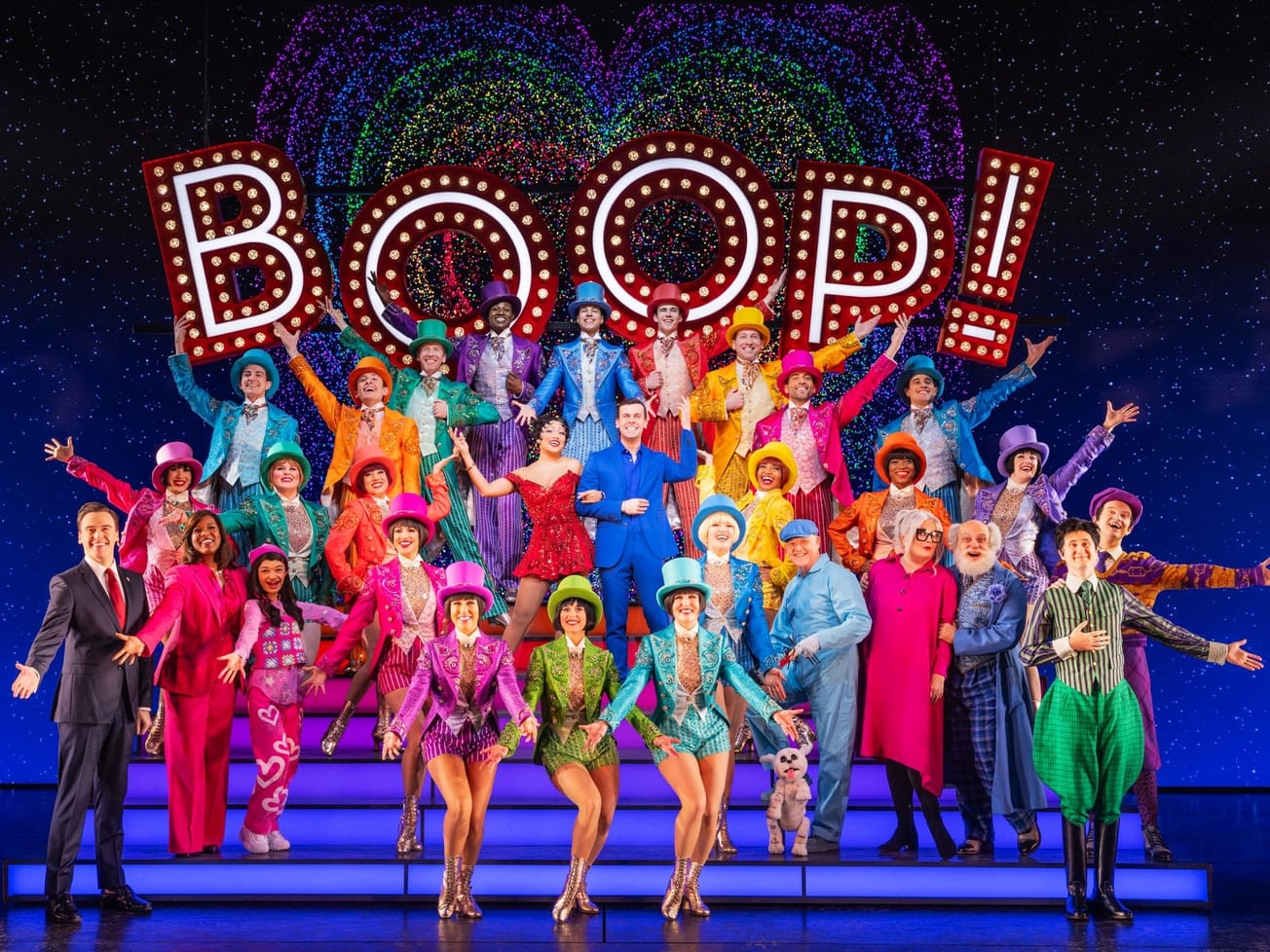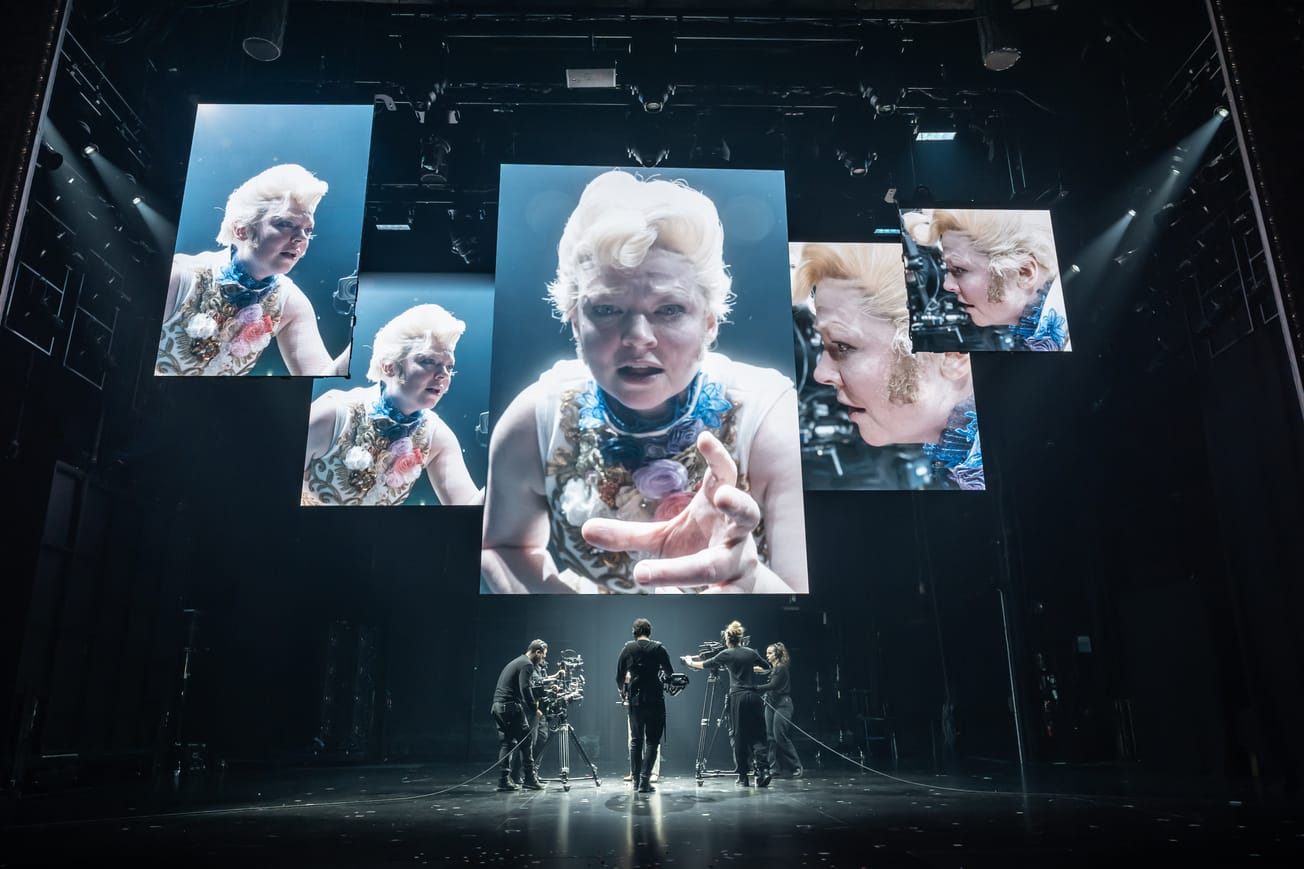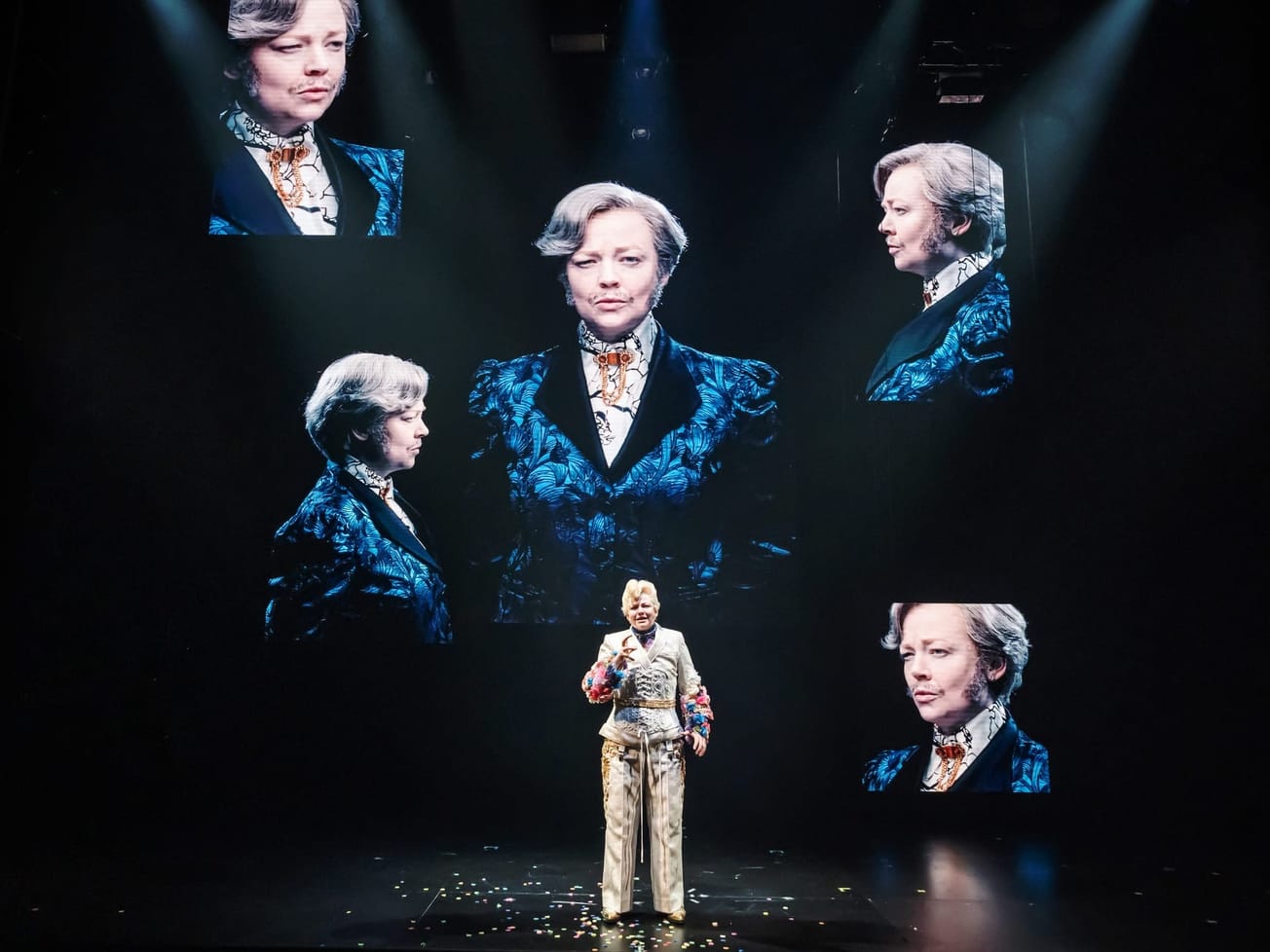As the initial credits fade to black in the first moments of “The Piano Lesson,” a snare drum rumbles. Trumpets blast John Philip Sousa’s quintessential “Washington Post 2” march. Fireworks rain like shrapnel. It’s the Fourth of July, and folks — well, white folks — are rejoicing. But while they’re distracted by the pomp and circumstance, the descendants of the people whom they had enslaved are taking a piano out of the big house. Audiences watch the heist and the subsequent torchlit, violent attempt to capture the “thieves.” Then, the film fast-forwards 25 years.
It’s an entirely new opening created specifically for the 2024 film adaptation of August Wilson’s ghost play.
What viewers find out later in the film is that the aforementioned piano is an heirloom, carved with the story of this enslaved family’s ancestry. That’s why the character Boy Charles took it back. But Boy Charles paid for that piano with his life before passing it down to his children, Boy Willie and Berniece. When Wilson’s play begins — and the “present day” of the film starts — the piano sits untouched in Berniece’s living room. Boy Willie wants to sell it and use that money to buy land — the very land that his father, Boy Charles, used to work. Berniece will not sell an artifact that she sees as essential to her family’s history.
In the stage version of Wilson’s drama, which was revived on Broadway in 2022, “The Piano Lesson” begins with a pounding on the door of a Pittsburgh home. Boy Willie has come to plead his case and take the piano. But this screen version’s wordless prologue visualizes why it is so hard for Berniece to let it go.
“Malc really came to the table with this vision,” Virgil Williams, the movie’s co-writer, told Broadway News of co-writer and director Malcolm Washington. “The setup was it’s July 4th, so one group of people is celebrating their independence while the other group is stealing it back. It’s this idea that you can’t tell the story of America without including a theft.”
But that prologue and the impulse of it encapsulates Washington’s approach to the “Piano Lesson” film. In adapting Wilson’s script as a screenplay, Washington (in his screenwriting and directorial feature debut) and Williams searched for “pockets of cinematic availability,” Williams said. “We didn’t want to mess with the musicality of August, but we did want to cinematize the whole story.”
